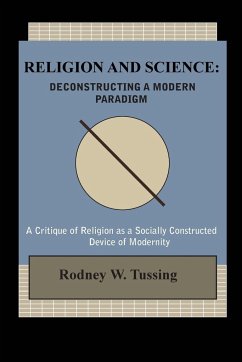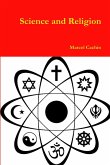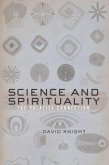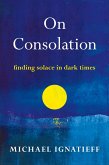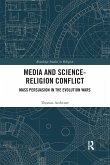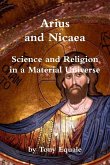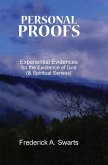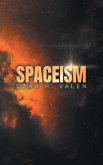This book explores some of the philosophical (epistemological) and theological precursors that made the transition from the pre-modern period to the modern possible, which was necessary for producing the categories of religion and science. It will at the same time examine the foundational basis for these categories and challenge its validity. There was a time when the ideas of religion and science were considered complementary. Theologians and the new 'scientists' viewed all truth as God's truth and were engaged in the mutual pursuit of the same end. But by the end of the nineteenth century, this relative harmony experienced an unparalleled breech that prevails to the present. What were the causes of this breach? How did the idea of religion end up as a distinct category separated from scientific inquiry and often considered at odds with it? The answers to these questions are in part due to an epistemological shift that took place in earlier centuries and subsequently paved the way for the nineteenth-century growth of naturalism (the philosophical perspective of modernity) to move into a dominant worldview. The question of knowledge and how it was to be qualified as knowledge became the paramount question with which rising modernity would wrestle. This new worldview needed rational justification and that justification was to be found in its understanding of knowledge. From the eighteenth century Enlightenment forward, the view that believed that it possessed knowledge and could demonstrate it, would prevail as the true light for human culture and, therefore, qualify it to define reality. The theistic worldview, through a series of epistemologically related intellectual revolutions, beginning most recently with the sixteenth century Protestant Reformation and extending through the early twentieth century, lost its exclusive position as the definer of reality for the Western world and was usurped by a naturalistic view. The claim to rational superiority by the new naturalistic view was resounding and appeared to be decisive. This work will challenge that claim by deconstructing this modern paradigm.
Hinweis: Dieser Artikel kann nur an eine deutsche Lieferadresse ausgeliefert werden.
Hinweis: Dieser Artikel kann nur an eine deutsche Lieferadresse ausgeliefert werden.

